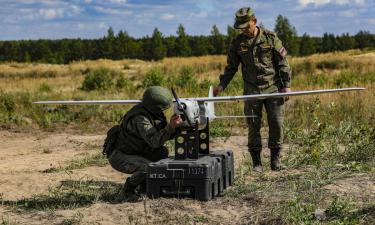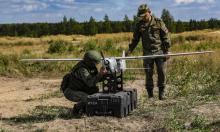Federation Council approves unified social tax reduction law
The upper house of Russian parliament, the Federation Council, approved on Wednesday the federal law on reduction of the Unified Social Tax. The document was supported by 138 senators; 6 voted against, with four abstentions.
The draft law envisages reduction of this tax from 35.6% to 26%. At the same time, the regression scale of this tax is changing. If an employee receives an annual wage of less than 280,000 rubles ($1 equals about 29 rubles), the tax will total 26%; if the wage is 280,000-600,000 rubles, the tax is 10%; if the annual wage is over 600,000 rubles, the tax constitutes 2.2%.
Yevgeny Bushmin, the chairman of the Federation Council budget committee, said norms that envisage the reduction of the Unified Social Tax will become effective on January 1, 2005.
"Reduction of tax rates will entail reduction of tax burden on the economy in general, as well as will be an effective impetus for employers to legalize the labor remuneration funds and will contribute to wages withdrawal from the 'shadow'," he said.
At the same time, Mr. Bushmin said that that in order to compensate for dropping-out revenues of the Pension Fund after the reduction of the basic rate of the Unified Social Tax, it is envisaged that people born before 1966 are excluded from the process of formation of the labor pension's accumulative part.
"These changes may render negative influence on the course of the pension reform, undermining citizens' trust in its efficiency and narrowing the circle of accumulative system participants," he recognized.
Subscribe to Pravda.Ru Telegram channel, Facebook, RSS!




